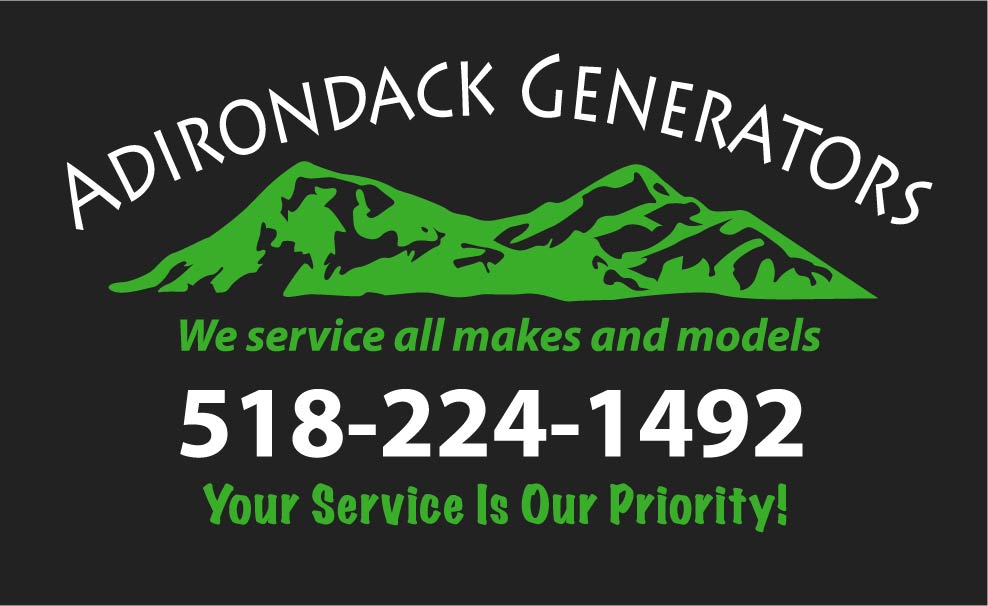Power outages can happen unexpectedly, but with a generator, you can keep your lights on and your appliances running.
However, it’s essential to prioritize safety when using a generator. In addition to taking important storm preparedness steps, follow these generator safety tips to protect your home and loved ones.
Carbon Monoxide Awareness: Generators emit carbon monoxide, a colorless and odorless gas that can be deadly. Never use a generator indoors or in enclosed spaces, including garages, basements, or crawl spaces. Carbon monoxide (CO) is a colorless, odorless gas that can be deadly if inhaled. Never run a generator in enclosed or partially enclosed spaces, and keep it at least 20 feet away from doors, windows, and vents to prevent CO buildup.
Fire Prevention: Keep flammable materials away from your generator, and never refuel a portable generator while it’s running or hot. Allow it to cool down before adding fuel.
Regular Maintenance: Keep your generator well-maintained by following the manufacturer’s maintenance schedule. Inspect it regularly for any signs of damage or wear and tear.
Read the Manual: Always read and follow the manufacturer’s instructions and safety guidelines before operating your generator. Each generator model may have specific safety instructions.
Proper Grounding: Ensure your generator is properly grounded according to the manufacturer’s instructions to prevent electrical shocks and fires.
Portable Generator Safety Tips:
- Before the start of hurricane or winter storm season, start your generator to ensure that it’s fully operational if it has been stored.
- Outdoor Use Only: Generators should only be operated outdoors in a well-ventilated area. Never operate a generator indoors, including in garages, basements, or sheds, as this can lead to carbon monoxide poisoning.
- Electrical Safety: Avoid overloading your portable generator by connecting only essential appliances and equipment. Use heavy-duty extension cords designed for outdoor use, and never plug your portable generator directly into a wall outlet.
- Use the Right Cords: Use heavy-duty extension cords designed for outdoor use to connect appliances to your generator. Make sure the cords are in good condition and rated for the wattage of the appliances you’re powering.
